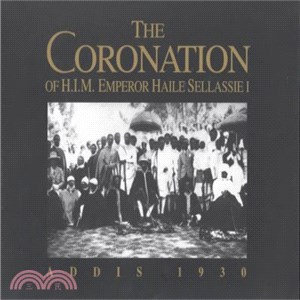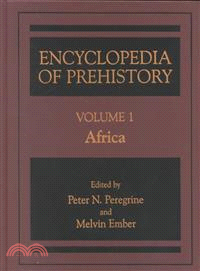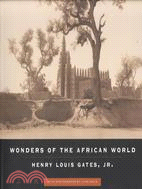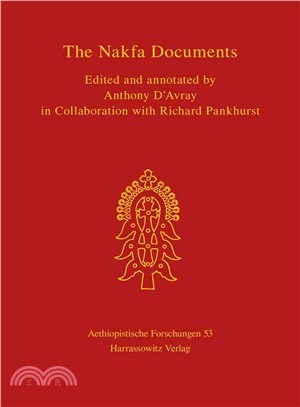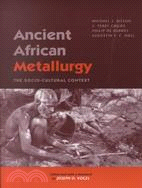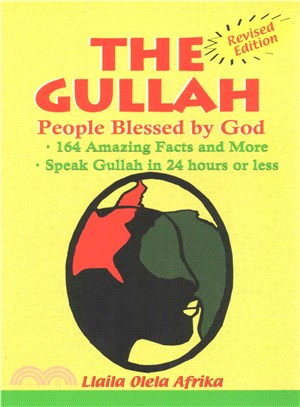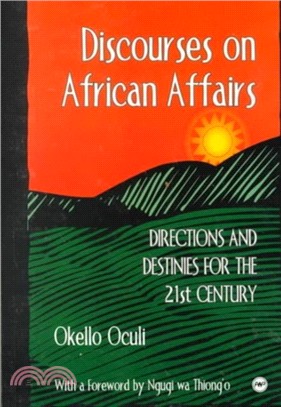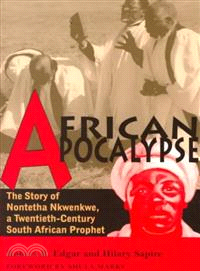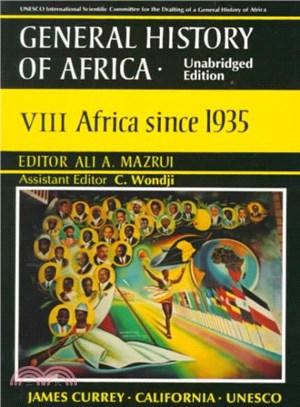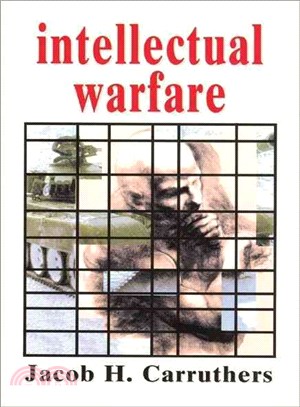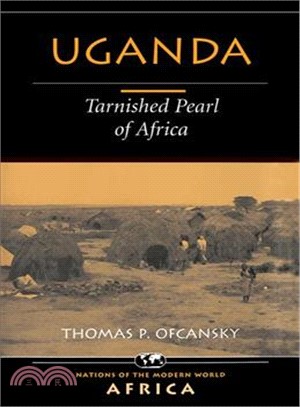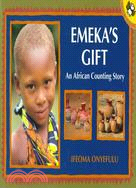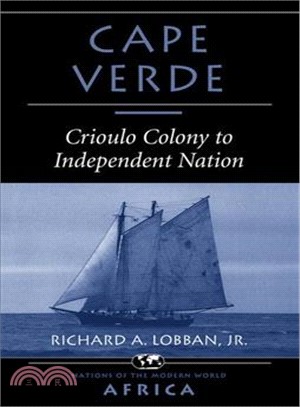共
1413 筆
第33 / 36 頁
優惠價:1
1303
無庫存
優惠價:1
988
無庫存
若需訂購本書,請電洽客服 02-25006600[分機130、131]。
出版日:2001/03/01
作者:Peter N. Peregrine (EDT);
Melvin Ember (EDT);
Inc. Human Relations Area Files (COR)
出版社:Kluwer Academic Pub
裝訂:精裝
若需訂購本書,請電洽客服 02-25006600[分機130、131]。
優惠價:1
2340
無庫存
優惠價:1
2070
無庫存
優惠價:1
1498
無庫存
優惠價:79
749
無庫存
若需訂購本書,請電洽客服 02-25006600[分機130、131]。
若需訂購本書,請電洽客服 02-25006600[分機130、131]。
優惠價:1
2100
無庫存
優惠價:9
2807
無庫存
優惠價:1
1140
無庫存
出版日:2000/04/01
作者:Michael S. Bisson;
S. Terry Childs;
Philip De Barros;
Augustin F. C. Holl;
Joseph O. Vogel (EDT);
Joseph O. Vogel (FRW)
出版社:Altamira Pr
裝訂:平裝
優惠價:1
3540
無庫存
優惠價:1
538
無庫存
優惠價:95
940
無庫存
優惠價:1
2841
無庫存
優惠價:1
720
無庫存
優惠價:1
1737
無庫存
優惠價:9
1725
無庫存
優惠價:1
3779
無庫存
優惠價:79
691
庫存:1
優惠價:9
1129
無庫存
出版日:1999/06/01
作者:Ali Alamin Mazrui (EDT);
Christophe Wondji (EDT);
UNESCO International Scientific Committee for the Drafting of a genera (COR)
出版社:Univ of California Pr
裝訂:平裝
優惠價:9
1332
無庫存
優惠價:9
1161
無庫存
優惠價:1
758
無庫存
優惠價:1
1797
無庫存
優惠價:9
2159
無庫存
若需訂購本書,請電洽客服 02-25006600[分機130、131]。
若需訂購本書,請電洽客服 02-25006600[分機130、131]。
出版日:1999/04/01
作者:Yasushi Yamanouchi (EDT);
J. Victor Koschmann (EDT);
Ryuichi Narita (EDT)
出版社:Univ of Hawaii Pr
裝訂:平裝
優惠價:1
1617
無庫存
絕版無法訂購
若需訂購本書,請電洽客服 02-25006600[分機130、131]。
優惠價:1
3900
無庫存
優惠價:9
2807
無庫存
優惠價:1
1440
無庫存
優惠價:9
1833
無庫存




